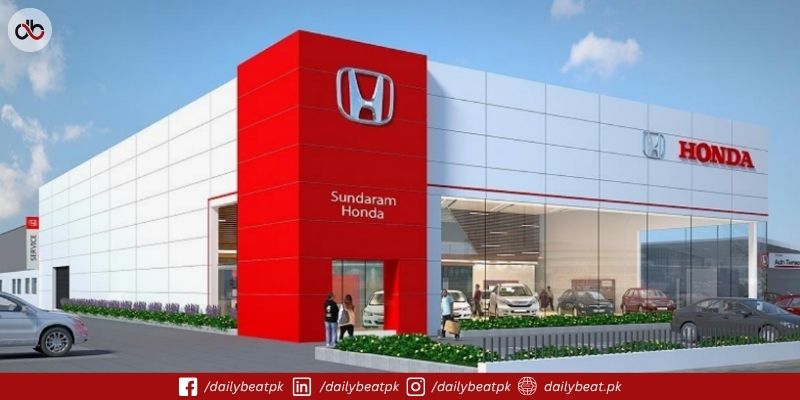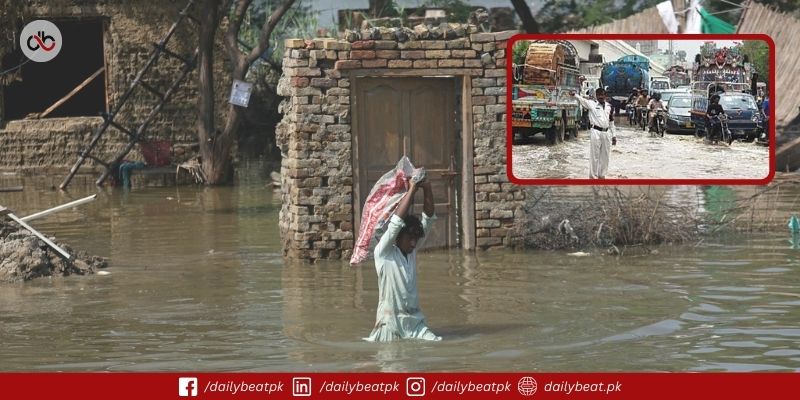Honda has officially increased the prices of several car models in Pakistan, effective July 1, 2025. The hike comes after the government introduced a New Energy Vehicle (NEV) levy in the federal budget for the fiscal year 2025–26.
This change marks another adjustment in the local auto industry. According to Honda Atlas Cars Ltd (HACL), the price increase was unavoidable due to the new levy. The company explained that it has tried to absorb other economic pressures like rupee devaluation and rising freight charges. However, the NEV levy has forced the company to shift some of the burden to customers.
The news that Honda raises car prices in Pakistan has gained attention from both consumers and auto industry watchers. The latest price sheet reveals increases across multiple models.
For instance, the price of the Honda City 1.2 CVT has increased by PKR 48,000, going from PKR 4,689,000 to PKR 4,737,000. The Honda City Aspire CVT saw an even bigger hike of PKR 120,000, now priced at PKR 5,969,000, up from PKR 5,849,000.
One of the most significant changes was observed in the Honda BR-V 1.5 CVT S, which now costs PKR 6,429,000, a jump of PKR 130,000 from its earlier price of PKR 6,299,000.
Higher-end models were not spared either. The Honda Civic Oriel and Civic Turbo RS now come with price increases of PKR 175,000 and PKR 201,000, respectively. These models are now priced at PKR 8,834,000 and PKR 10,100,000.
These changes reflect how Honda raises prices in response to fiscal and regulatory shifts. The auto industry, already facing pressures from economic conditions, is now adjusting to tax policy changes as well.
It is worth noting that the announced prices do not include freight charges and withholding taxes. These additional costs will be applied based on the buyer’s location and applicable tax rates.
Industry experts believe this trend may continue if further levies or currency depreciation occur. While some automakers delay passing costs to customers, others, like Honda, adjust earlier to maintain financial stability.
With this move, Honda car prices increased once again, bringing attention to the broader challenges faced by the auto sector in Pakistan.
As Honda raises car prices, many buyers may rush to book vehicles before future increases. Others may wait, hoping for policy relief or special offers. Either way, the recent price hike is shaping buying decisions across the country.
This development makes it clear: when policy meets production costs, the customer often ends up paying the difference.















